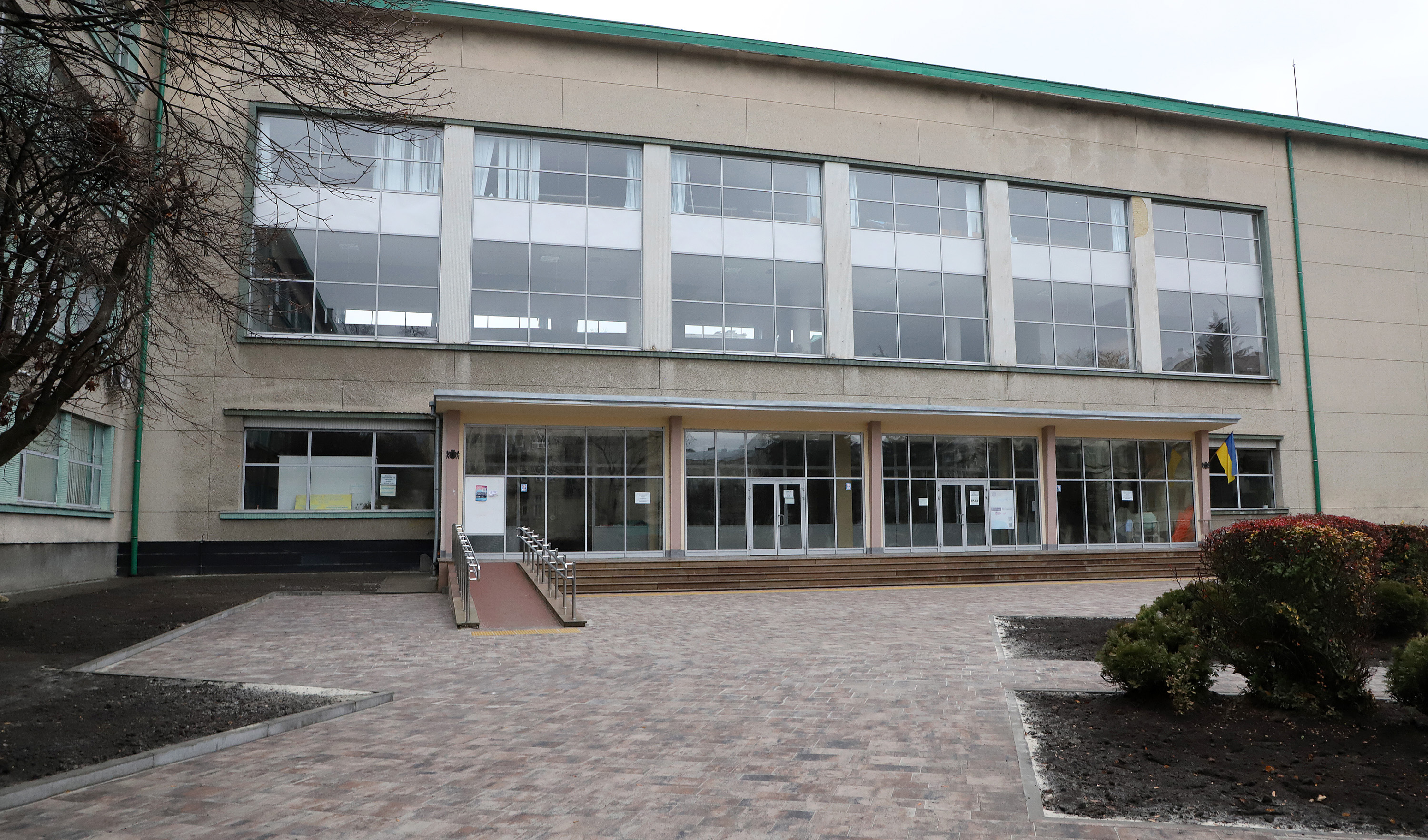Universal design is a strategy that aims to ensure equal access for all people to infrastructure, communications and services. The principles of universal design were developed by a group of architects, engineers and designers in 1997 and included: simple, convenient and equal use of the environment, its accessibility, flexibility in use, as well as perception of information regardless of sensory capabilities of users. This will allow people with disabilities, the elderly, and parents with young children to use the services equally.
Lviv Polytechnic is also working on the implementation of the principles of universal design, which is one of the strategic development points of our university. In particular, during 2022 there are plans to implement many initiatives that will make Polytechnic more accessible for people with disabilities. Volodymyr Pashkevych, Chief Engineer at Lviv Polytechnic National University, says: «This year we have pledged really important things into funding that will make our University more accessible. For example, in the main building we are working on the reconstruction of WC with cabins for people with disabilities, and we want to organize convenient access to toilets. We are developing all these project proposals together with the Department of Architectural Constructions and in 2022 we have to implement them. We are also working on improving the academic buildings. As for the academic building No.1, wheelchair ramp and special WC have already been installed there. It is worth noting that the Veterans Service Center is located in this building, so it is obvious that the reconstruction was on time. A ramp has also been installed in the 22nd academic building, and we plan to do the same in the 4th».
It should be understood that it is quite difficult to reconstruct all university buildings at the same time, because these are large and expensive works. Therefore, according to the chief engineer, all these changes must take place gradually and comprehensively.
Important for the creation of a barrier-free learning environment is the Architectural Atlas of Accessibility, which is being worked on at the Department of Architectural Constructions under the supervision of Ihor Hnes. All their proposals will be implemented in the future. Volodymyr Pashkevych emphasizes that further work will be carried out in stages. At first we will implement the projects we have already started working on.
